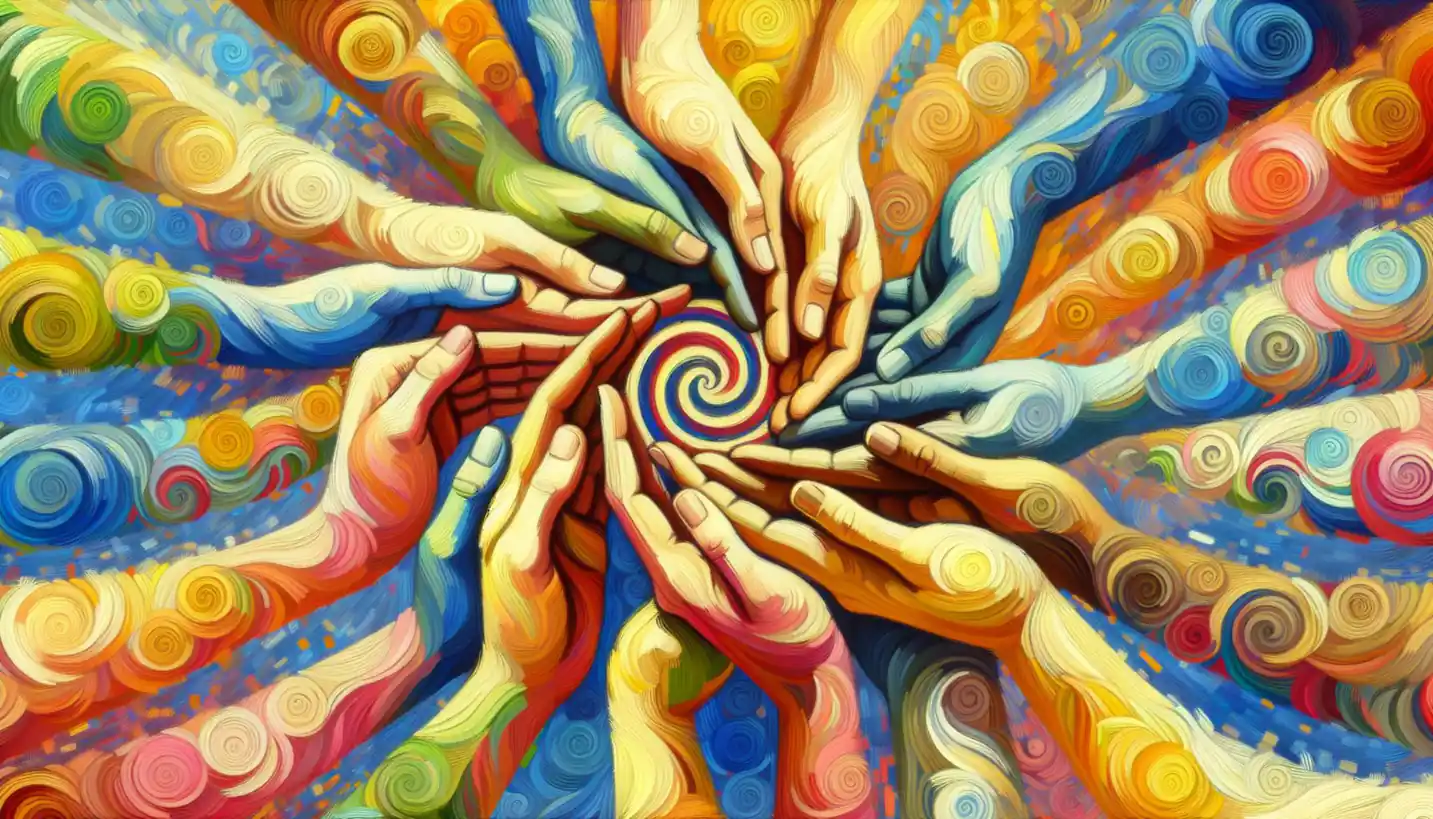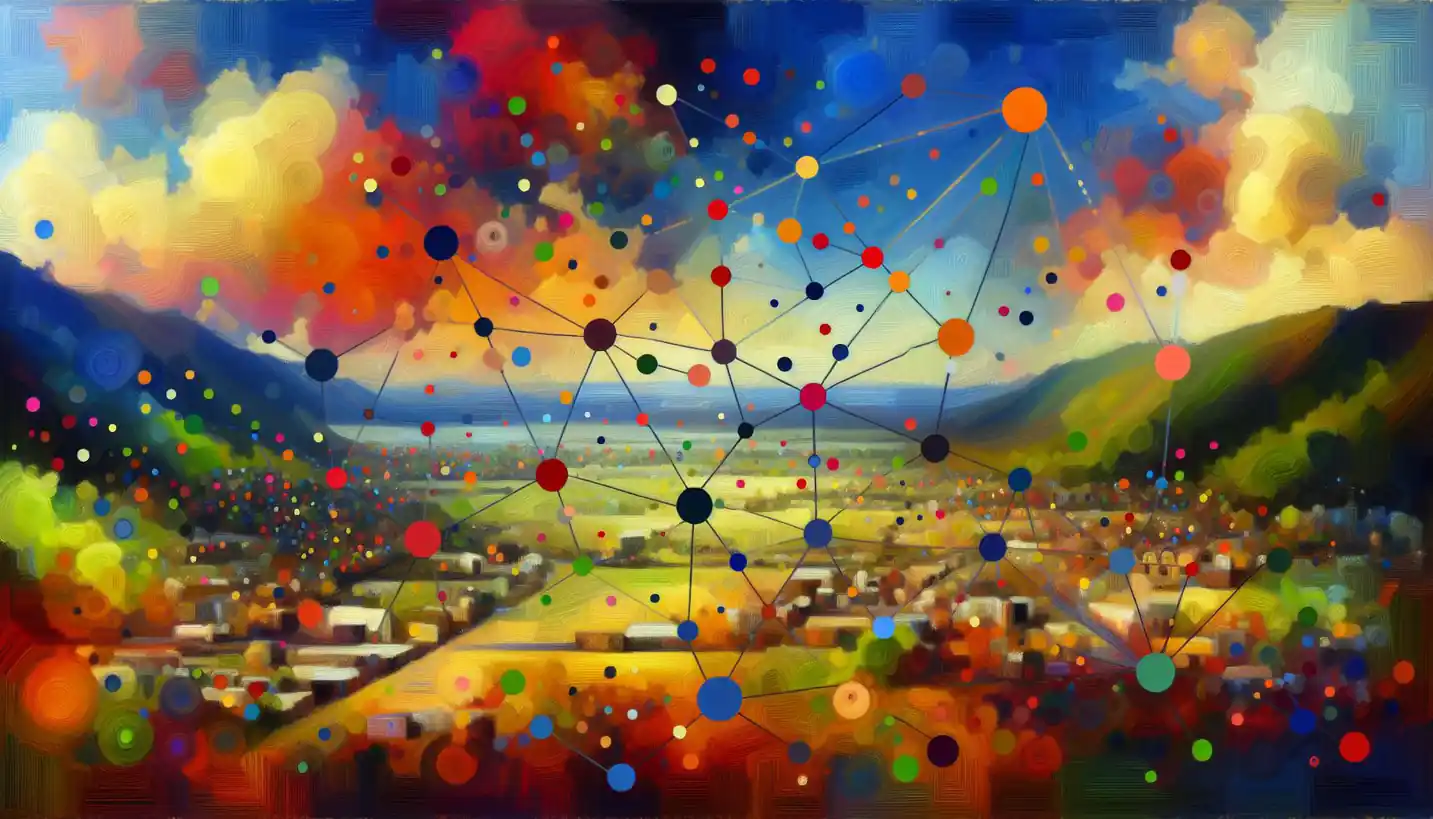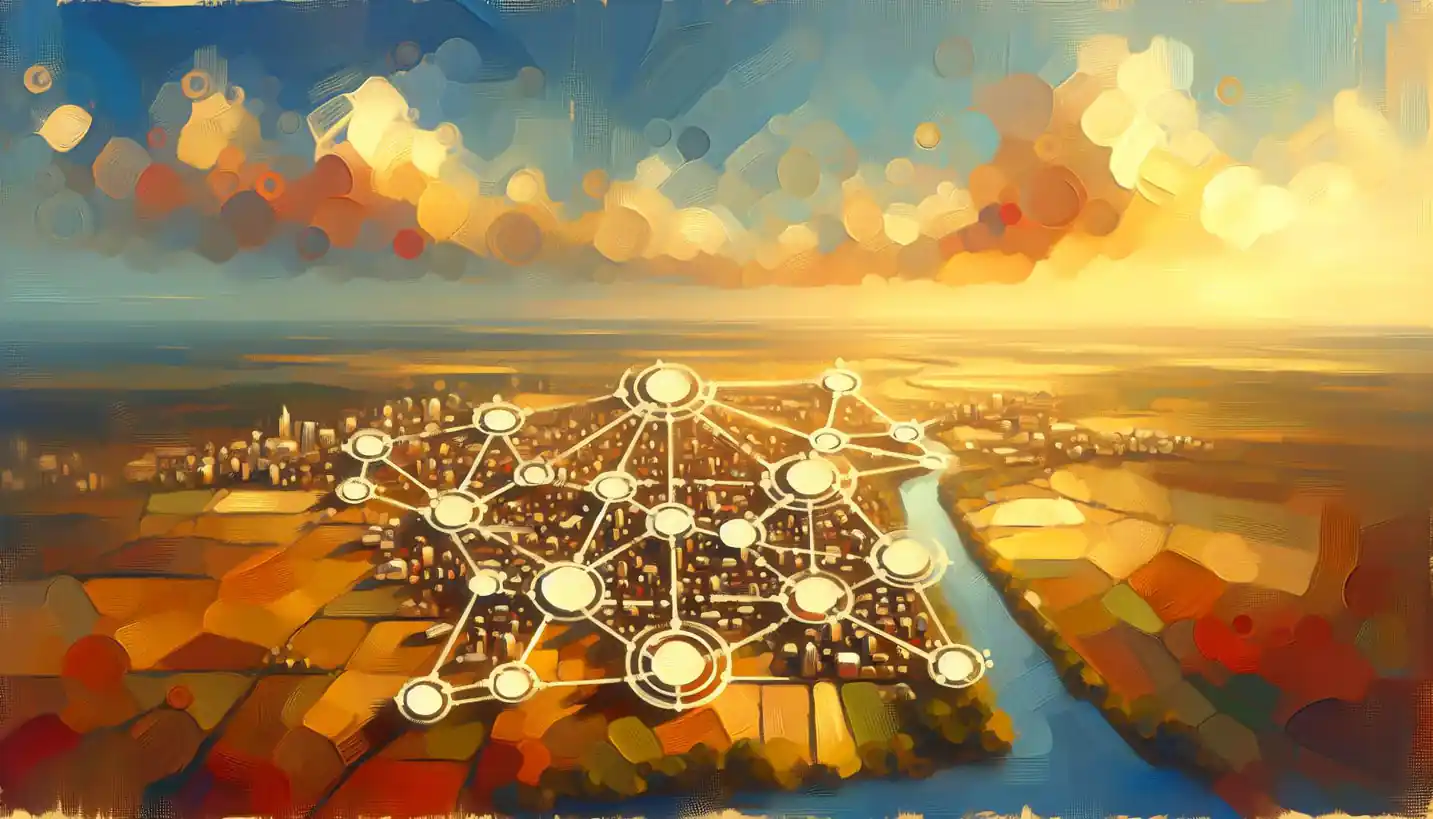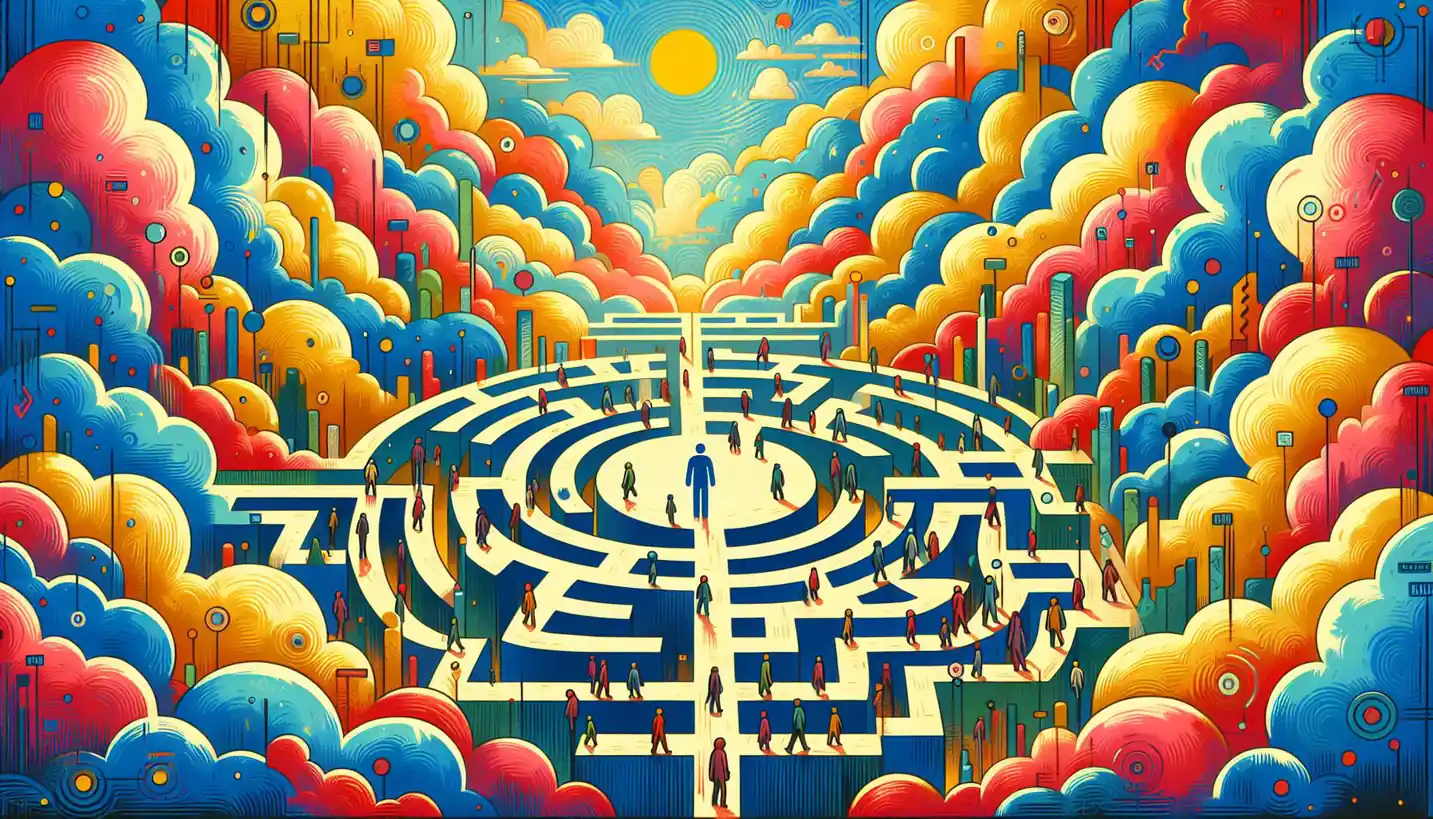· Sociology · 4 min read
Globalization: A Journey Across Cultures and Societies
Globalization connects diverse cultures, blending traditions and ideas. Explore its role in creating a global community with shared influences.
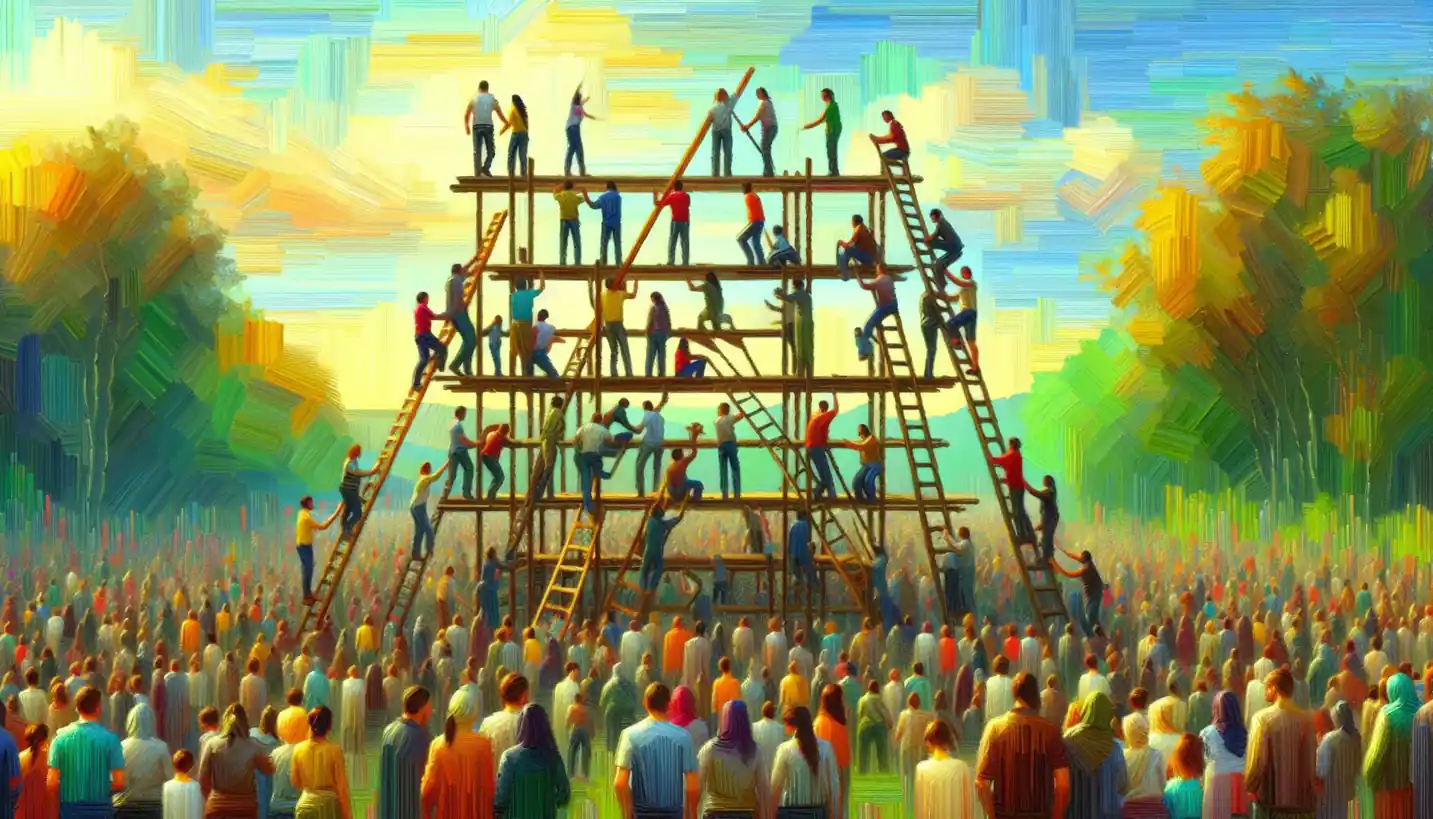
The idea of globalization has become a familiar term in our daily lives. It’s like a giant web connecting different parts of the world, making us more linked than ever. This concept is at the heart of cultural sociology, which is all about how societies shape and are shaped by cultural values. Let’s dive into how globalization is weaving this intricate tapestry of human life.
In simplest terms, globalization refers to how countries and cultures are becoming more connected. Think of it as mixing various ingredients in a huge pot to create a new, unique dish. As we trade goods, share ideas, and move across borders, our world becomes a fascinating blend of cultures, economies, and social norms.
The Historical Landscape of Globalization
Centuries ago, explorers and traders ventured into unknown lands, spreading new ideas and products along the way. The Silk Road and the Age of Exploration are classic examples. These early forms of globalization were like setting the stage for a world more connected through commerce and cultural exchange.
Fast forward to the 20th century, and technology began to accelerate this connection. The invention of airplanes, the internet, and even social media has transformed how we interact. Now, a trend or idea from one corner of the globe can reach another in the blink of an eye.
Economic Dimensions of Globalization
One of the main drivers of globalization is the world economy. Companies go beyond borders to produce and sell their products. It’s why you see smartphones designed in one country, manufactured in another, and sold worldwide. This global marketplace promises economic growth, innovation, and jobs, but it also raises questions about fair trade, labor rights, and environmental impact.
While some regions gain prosperity, others might struggle to compete. It’s like a double-edged sword; the same process that creates wealth can widen the gap between rich and poor. This economic dance is an ongoing conversation about finding balance and fairness in a globalized economy.
Cultural Exchange and Influence
Now, let’s talk about culture—a vibrant, ever-evolving aspect of globalization. As people migrate, they bring along their languages, customs, and traditions. Just like cultural festivals that light up our cities, globalization introduces a colorful array of music, food, fashion, and art.
However, this cultural blending isn’t always seamless. Some worry about a loss of local traditions, fearing that dominant cultures might overshadow smaller ones. It’s a balancing act, like blending spices to create harmony without overpowering the original flavors. This cultural exchange enriches our lives but also requires mindfulness and respect.
The Role of Technology and Media
In today’s digital age, technology is a powerful force behind globalization. It bridges geographic distances and connects people in ways once unimaginable. Social media platforms allow us to glimpse into different cultures, fostering understanding while sometimes leading to friction. It’s similar to looking through a window into someone else’s world, full of endless surprises and challenges.
Online communities and forums promote dialogue and exchange, encouraging global collaboration. However, this connectivity can also amplify misinformation and stereotypes, calling for critical thinking and media literacy.
Environmental and Social Considerations
Globalization impacts our environment too. As industries expand, the demand for natural resources grows, affecting ecosystems and the planet. This intertwining of human activity and nature calls for sustainable practices to ensure a healthy future for all. It’s about planting seeds today to enjoy a flourishing garden tomorrow.
Moreover, globalization influences social dynamics, such as migration and urbanization. Cities become melting pots, hosting diverse populations with varying needs and challenges. It’s like a symphony where each instrument adds richness but requires harmony to create beautiful music.
Challenges and Opportunities
The journey of globalization is filled with both hurdles and opportunities. Our interconnected world faces issues like climate change, economic disparity, and cultural tensions. Yet, these very challenges open doors for innovation, cooperation, and shared progress.
By understanding and addressing the complexities of globalization, we pave the way toward unity and collaboration. It’s about weaving a fabric where each thread, each culture, adds strength and beauty, reflecting the diversity and creativity of humanity.
Ultimately, globalization is a reflection of our ever-evolving world. It’s a story of connection, transformation, and potential, inviting us to explore new horizons while cherishing the roots that ground us. As we navigate this global landscape, let’s embrace the rich tapestry of cultures with open minds and hearts.
